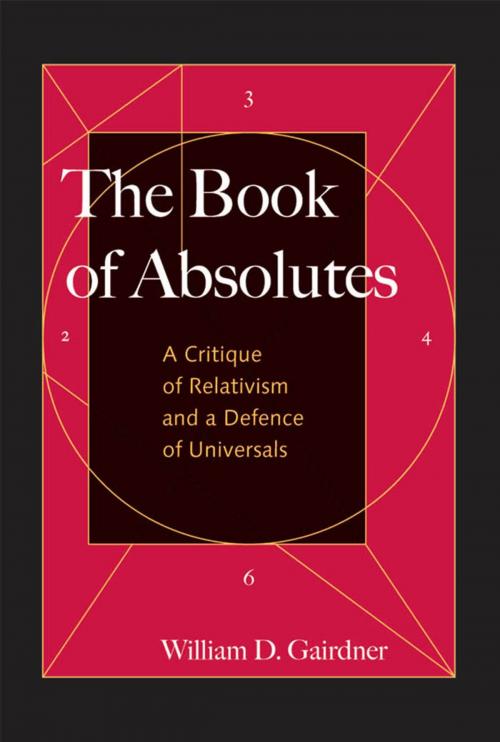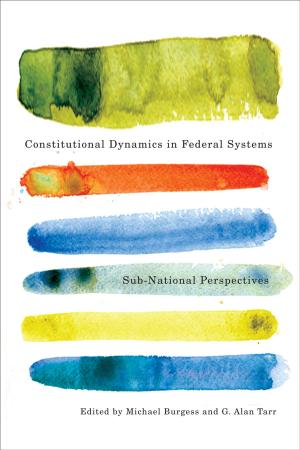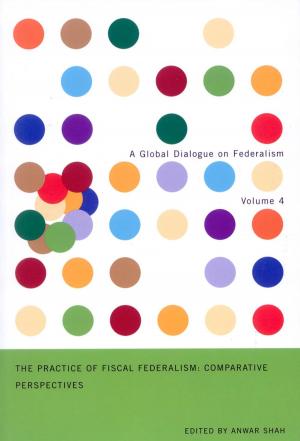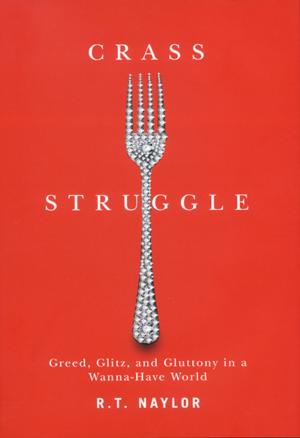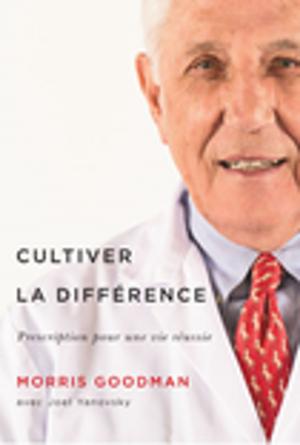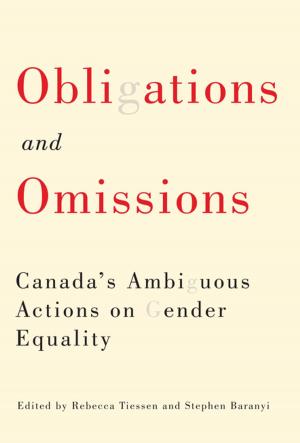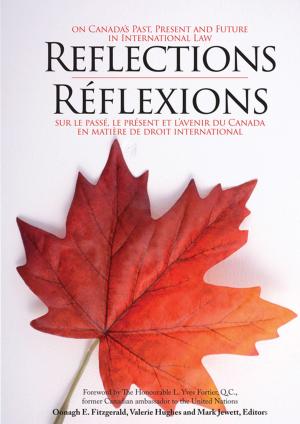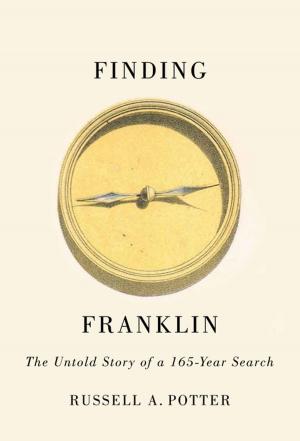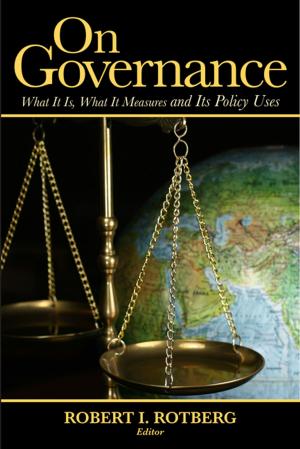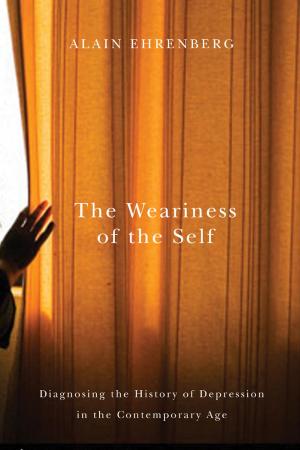The Book of Absolutes
A Critique of Relativism and a Defence of Universals
Nonfiction, Religion & Spirituality, Philosophy| Author: | William D. Gairdner | ISBN: | 9780773578326 |
| Publisher: | MQUP | Publication: | August 21, 2008 |
| Imprint: | MQUP | Language: | English |
| Author: | William D. Gairdner |
| ISBN: | 9780773578326 |
| Publisher: | MQUP |
| Publication: | August 21, 2008 |
| Imprint: | MQUP |
| Language: | English |
Gairdner refutes the popular belief in cultural relativism by showing that there are hundreds of well-established cross-cultural "human universals." He then discusses the many universals found in physics - as well as Einstein's personal regret at how his work was misinterpreted by the public's eagerness to promote relativism. Gairdner also gives a lively account of the many universals of human biology, including the controversial topic of universal gender differences or "brain sex." He then looks at universal concepts of both natural and international law, and ends by discussing language theory. He shows how philosophers from Nietzsche to Derrida have misused linguistic concepts to justify their relativism, even though a sustained and successful effort by serious scientists and philosophers of language has revealed myriad universals of human language, ranging from language acquisition, to word-order, to "Universal Grammar."
Gairdner refutes the popular belief in cultural relativism by showing that there are hundreds of well-established cross-cultural "human universals." He then discusses the many universals found in physics - as well as Einstein's personal regret at how his work was misinterpreted by the public's eagerness to promote relativism. Gairdner also gives a lively account of the many universals of human biology, including the controversial topic of universal gender differences or "brain sex." He then looks at universal concepts of both natural and international law, and ends by discussing language theory. He shows how philosophers from Nietzsche to Derrida have misused linguistic concepts to justify their relativism, even though a sustained and successful effort by serious scientists and philosophers of language has revealed myriad universals of human language, ranging from language acquisition, to word-order, to "Universal Grammar."
